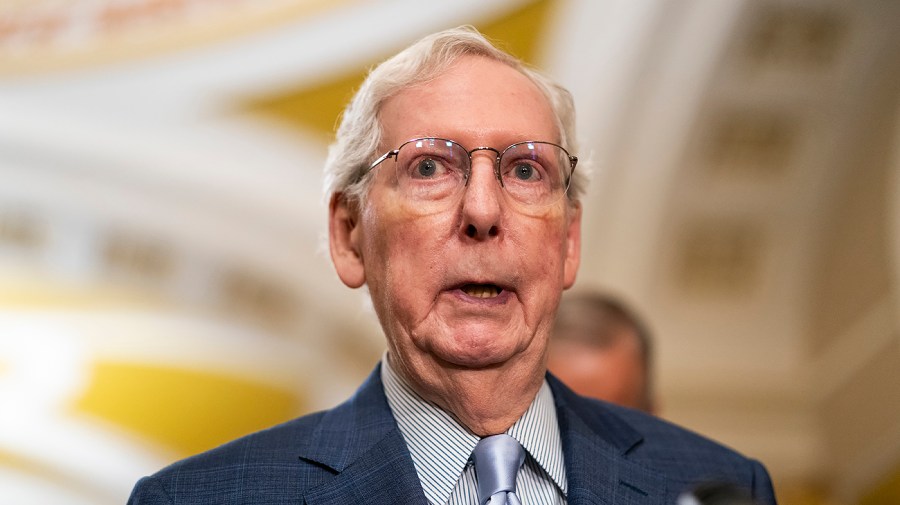Senate Minority Leader Mitch McConnell recently expressed dissatisfaction after two federal judges, appointed by Democratic presidents, reversed their retirement decisions in what he perceives as an effort to block President-elect Trump’s ability to nominate their replacements. The judges in question—U.S. District Judge Max Cogburn, an Obama appointee from North Carolina, and U.S. District Judge Algenon Marbley, a Clinton appointee from Ohio—initially indicated intentions to transition to senior status only to change course following Trump’s electoral victory. McConnell characterized their actions as a blatant case of partisanship that could threaten the integrity and impartiality of the federal judiciary, arguing that such maneuvers reveal the political motivations behind these judges’ decisions.
McConnell indicated that these strategic reversals might threaten a bipartisan deal made prior to Thanksgiving, which was aimed at confirming several district judges while allowing Trump to fill four additional circuit court seats. He conveyed concerns that if circuit court judges in Tennessee and North Carolina—a part of the aforementioned deal—followed suit, it would set a troubling precedent. The senator pointed out that no circuit judge has ever rescinded their retirement post-presidential election, arguing that such a move would contradict a rare bipartisan compromise regarding judicial appointments and could lead to a crisis of confidence in the judiciary.
Furthermore, McConnell warned that if circuit judges in these states opted to remain on the bench instead of retiring as initially planned, they might face significant backlash, possibly including ethics complaints from the Department of Justice for perceived partisanship. Citing the Code of Conduct for U.S. Judges, he suggested that their decisions could expose them to accusations of bias and calls for recusal, resulting in a serious ethical dilemma should they choose to stay after projecting an intention to retire.
In the wake of McConnell’s remarks, Senate Judiciary Committee Chair Dick Durbin, a Democrat from Illinois, spoke out against him. He reminded colleagues of McConnell’s own contentious history when he blocked former President Obama’s nominee, Merrick Garland, from even receiving a hearing when a Supreme Court vacancy arose in 2016. Durbin highlighted the hypocrisy in McConnell’s accusations of gamesmanship, referencing the year-long delay Republicans enacted that allowed Trump to appoint conservative Judge Neil Gorsuch to replace the late Antonin Scalia.
In a broader contextual response to McConnell’s claims about the recent judicial retirements, a Democratic aide noted historical precedents where Republican-appointed judges rescinded their retirements too. Examples included Judge Rudolph Randa, who reversed his decision in 2008 following Obama’s victory, and Judge Michael Kanne, who did the same in 2018 after Trump’s election results. These examples suggest that such tactical reversals are not unique to Democratic appointees, highlighting a common trend that often transcends partisan lines in the judicial sphere.
Ultimately, the developments surrounding these judges and their retirement decisions reflect the ongoing tensions and strategic maneuvers prevalent in U.S. political and judicial arenas. McConnell’s criticism underscores the intricate relationship between political dynamics and judicial appointments, amid a complex backdrop of partisanship and tactical positioning influencing decisions that can have lasting implications for the federal court system. As political actors navigate these challenges, the integrity and impartiality of the judiciary remain crucial themes in this ongoing debate.

